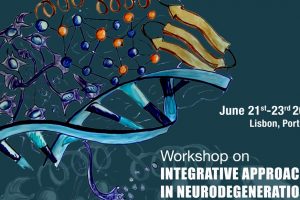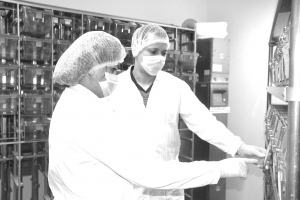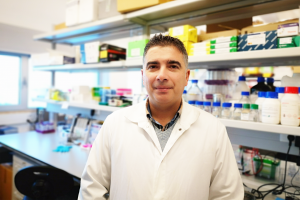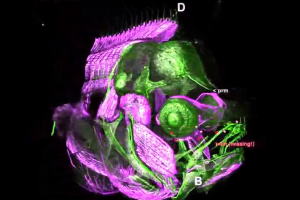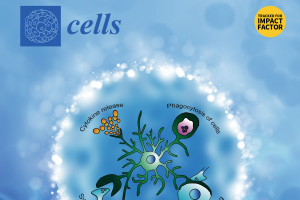We are increasingly coming closer to create replacement organs with the discovery of the protein named Meox1, present in stem cells, and this cell, is responsible for promoting muscle growth.
It is extremely important to be able to create replacement organs because it will bring a revolution to the health world, avoiding the existence of giant waiting lists for organ donors, and all the thousands of deaths that happen every year to all patients who cannot resist the endless waiting on these lists.
Researchers at the Australian University of Monash discovered the protein by investigating the zebrafish, a small native Asian fish, which is often used as a model for humans because of its biological similarities and rapid growth rate.
The zebrafish has an anatomy very similar to ours, having two eyes, a mouth, brain, muscles, blood, bones and teeth, and in addition, they also present many of the organs that we have as is the case of the heart and of the kidney, and finally, about 70 percent of the genes found in a human, can be found in this fish.
Thanks to this fish, we can now see how the Meox1 and stem cells work, since before this study we were not aware of the existence of these stem cells or how they were used. The simple discovery of its existence is a giant step towards achieving the goal of growing replacement organs in the laboratory.
One of the biggest hindrances to organ production in the laboratory was our lack of knowledge about how stem cells can produce so much living tissue, and through this study, it was discovered that these stem cells are not just dividing or growing but cloning instead, and the creating muscles.
Although we are still far from being able to grow the organs in the laboratory, this discovery in itself is a giant advance, because although we do not yet know how to stimulate the production of living tissue, we now know how our body produces it, which is a crucial point for their growth.
We are increasingly coming closer to create replacement organs with the discovery of the protein named Meox1, present in stem cells, and this cell, is responsible for promoting muscle growth.





